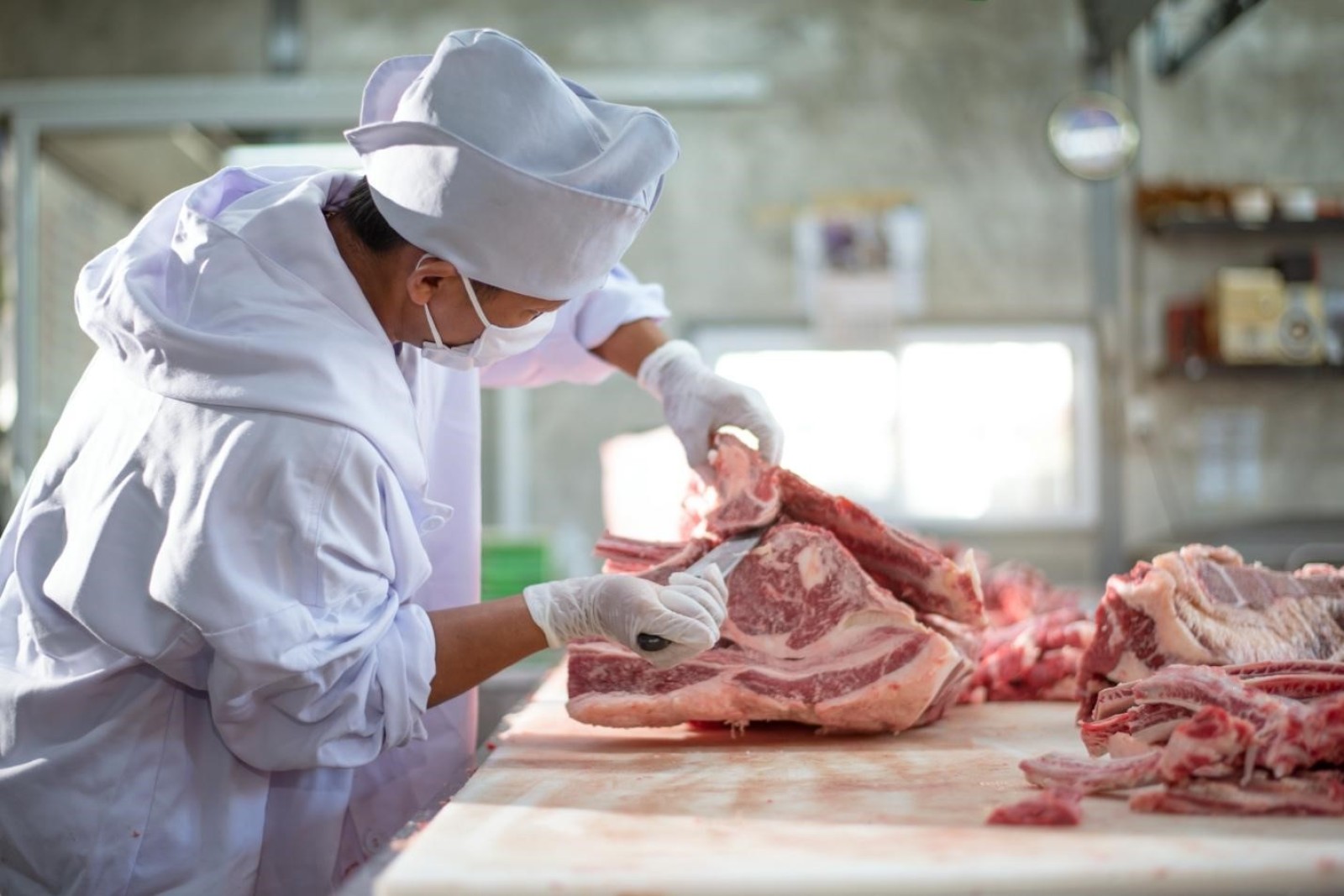How to Make your Brand Stand Out
Being a newbie in any industry is tough, most especially in the cutthroat world of food and bever-ag...

February 10, 2022
In the Philippines where a good number of citizens are Muslim, state-sanctioned programs promote the development of halal-certified food to encourage stronger trade relations with Muslim-dominated countries as well as to locally motivate the food industry to provide more halal options for tourists. Aside from attracting business externally, halal food is also being promoted as a healthier alternative for non-Muslims since these are sure to be free of alcohol, pork, and pork-derived products.
In the Philippines where a good number of citizens are Muslim, state-sanctioned programs promote the development of halal-certified food to encourage stronger trade relations with Muslim-dominated countries as well as to locally motivate the food industry to provide more halal options for tourists. Aside from attracting business externally, halal food is also being promoted as a healthier alternative for non-Muslims since these are sure to be free of alcohol, pork, and pork-derived products.
What is halal and why is it important? Halal in Arabic means “acceptable” and this applies to different facets of life including lifestyle, fashion, cosmetics, and of course, food.[1] Eating is considered a huge part of a Muslim’s religious life as it was stated in the the Quran (sacred Muslim scripture) that the body should be well-nourished so the person can better contribute to society both mentally and physically. Only food that has been certified to be Halal is considered to be fit for consumption.

The Department of Trade and Industry’s (DTI) Bureau of Public Standards (PBS) is the only agency which deals with halal accreditation bodies, inspection bodies, and laboratories. The PAB has represented the Philippines in the International Halal Accreditation Forum since 2017. As of 2020, there are nine halal certification bodies in the country that can also certify non-food items such as cosmetics and pharmaceutical products.

In 2016, Republic Act 10817 or the Philippine Halal Export Development and Promotion Program Act was signed to establish a comprehensive for the development and promotion of halal products for export. Today, the Philippines needs more halal certifiers as even non-food products are growing in numbers that require certification. These certifiers are expected to multiply with DTI’s initiative to promote the program in Mindanao.
The demand for healthy food options has made halal products more desirable even to non-Muslims. Add to that the growing number of Muslim and non-Muslims in the global market that are requiring halal-certified products, more and more SMEs are seeing the value in making products that are halal.
Check out these food fusions between Filipino and Middle Eastern cuisines
The unending quest for healthy and sustainable food amid changing lifestyles
A quick look at the Philippine food staple often getting a bad health rap